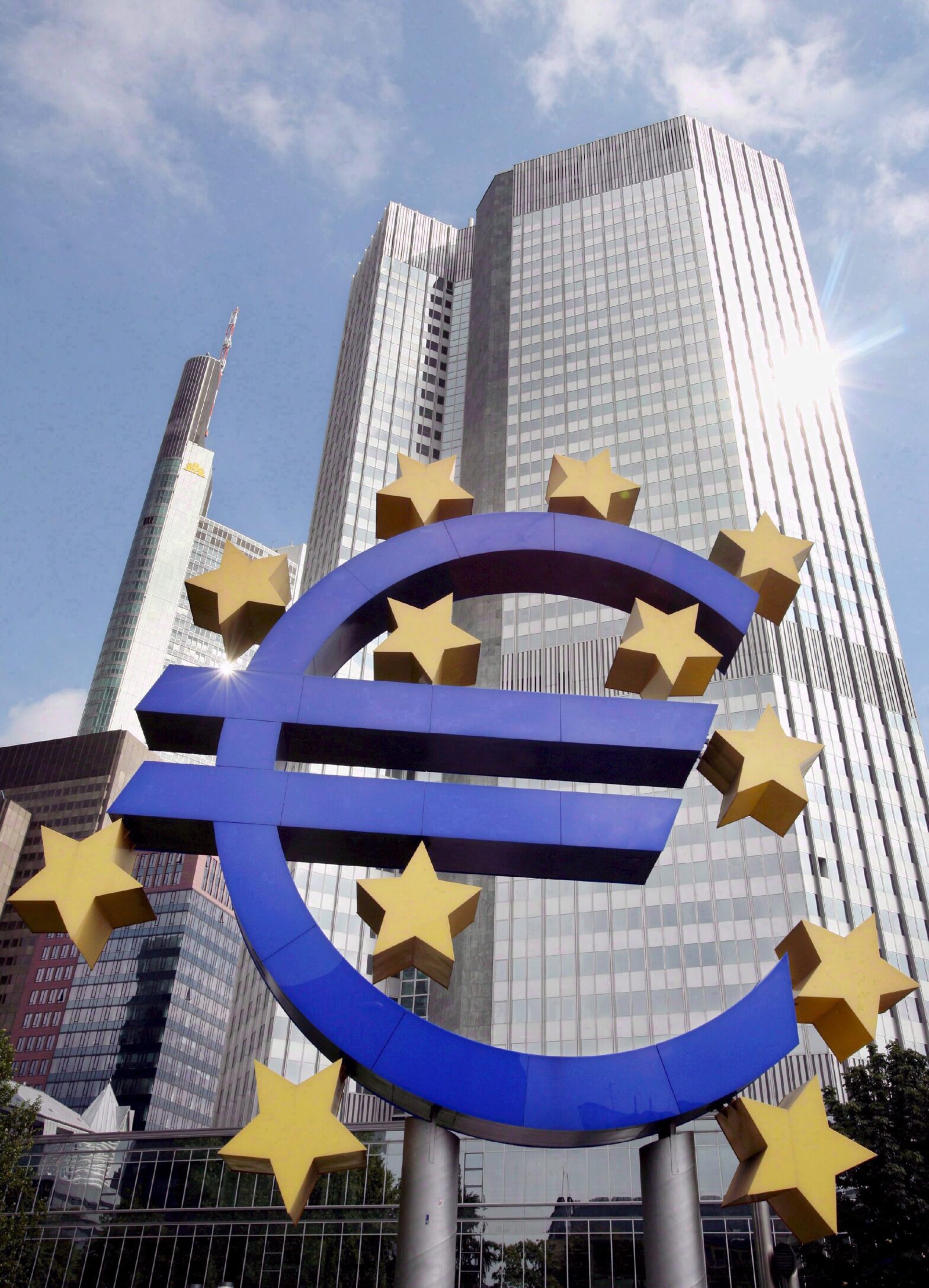We bring you an open letter sent to all Heads of State and Government of the European Union by the Corporate Europe Observatory (CEO), on behalf of 52 organizations having signed it, to ask that the Trade Secrets Protection Directive, due to be examined during the next Agriculture Council on May 17, is further amended before its final approval to protect crucial freedoms and rights.
The Trade Secrets Protection Directive Is Still Dangerous For Freedoms and Rights
An Open Letter to Heads of State and Government of the European Union
Concerns: final examination of the Trade Secrets Protection Directive during the Agriculture
European Council, 17 May 2016
Last 14th of April 2016, the European Parliament voted in favour of the draft directive on trade
secrets protection. This directive still needs to be approved next May 17 by the Council of the EU,
which represents you. We urge you to further amend the text before approving it.
Drafted by the European Commission at the request, and with the considerable help, of a few
multinational companies, this text has caused much concern and opposition among European
citizens, trade unions and NGOs. As a matter of fact, it is meant to protect companies against the
theft of trade secrets but has a potential scope which is too large and threatens to enable lawsuits
against people who are not criminals: journalists, trade unionists or whistle-blowers publishing
internal information from a company, or employees using information acquired in a previous job.
The exceptions and protections supposed to protect liberties which were introduced or
reinforced following our campaign are important and must be defended, but remain insufficient for
the whole text to be balanced and fair. Moreover, their transposition will change depending on
Member States, and above all the text is structured in such a way that it it will be down to individual
judges to balance the protection of fundamental freedoms and the protection of economic interests.
The very principle of having to balance such different things is not acceptable. The burden of
proof is reversed: companies will only need to prove that they did not authorise the acquisition, use
or publication of the trade secret at stake, while the prosecuted persons will need to demonstrate
that they acted in a way that is covered by one of the exceptions. The sheer prospect of litigation
will intimidate potential investigations and whistleblowers, not to mention the daily impact on
employees’ mobility and the possibility for the public to access public interest information on the
toxicity of products on the EU market (such as medicines or pesticides).
The trial of Antoine Deltour, Raphaël Halet (the whistleblowers) and Edouard Perrin (the
journalist) in the Luxleaks scandal is the perfect example of the threats posed by this directive. The
prosecutor justified requesting heavy fines for all and 18 months jail time for the whistleblowers by
referring to “the EU Trade Secrets directive widely approved in the European Parliament two weeks
ago”. Contrary to the denials of the text’s supporters, this is already a real life example that the trade
secrets protection argument can be used to prosecute journalists and whistleblowers.
We urge you to not approve this text as it is. We think it is indispensable that the definition of
trade secrets is narrowed and that the illegality of the acquisition, use or publication of trade secrets
is restricted to cases of commercial, financial or competitive gain. Exceptions and protections must
also be further reinforced, and the prescription time in particular must be shortened to the original
Commission proposal (2 years). In parallel, we urge you to push the European Commission to
introduce specific EU legislation on the protection of whistleblowers.
Respectfully,
ActionAid International
Anticor
Association Internationale de Techniciens, Experts et Chercheurs (AITEC)
Article 19
Attac
Baby Milk Action
Campaign for Press and Broadcasting Freedom
CCFD-Terre Solidaire.
Centre national de coopération au développement, CNCD-11.11.11
Chaos Computer Club
Collectif Ethique sur l’Étiquette
Collectif Informer n’est pas un délit
Collectif Roosevelt
Comité de soutien d’Antoine Deltour
Confédération paysanne
Corporate Europe Observatory
Courage Foundation
Council of European Professional and Managerial Staff (Eurocadres)
European Digital Rights
European Federation of Public Services Unions
European Network of Scientists for Social and Environmental Responsibility
Forum citoyen pour la RSE
Geneva Infant Feeding Association
GONG
Government Accountability Project
Groupe international d’études transdisciplinaires (GIET)
GM Watch
Health and Environment Alliance
Health and Trade Network
Ibfan Italia
Initiative für Netzfreiheit
Lasaire
Les Amis de la Terre
Les économistes atterrés
Ligue des Droits de l’Homme
LobbyControl
Movimento Allattamento Materno Italiano (MAMI)
Open Rights Group
Pesticides Action Network Europe
Pollinis
Public Concern at Work
Sciences Citoyennes
Sherpa
Syndicat des Avocats de France
Syndicat de la Magistrature
SNCS-FSU
SumOfUs
Transparency International EU
Udruga za samozastupanje
UGICT-CGT
Vrijschrift
WeMove.eu
